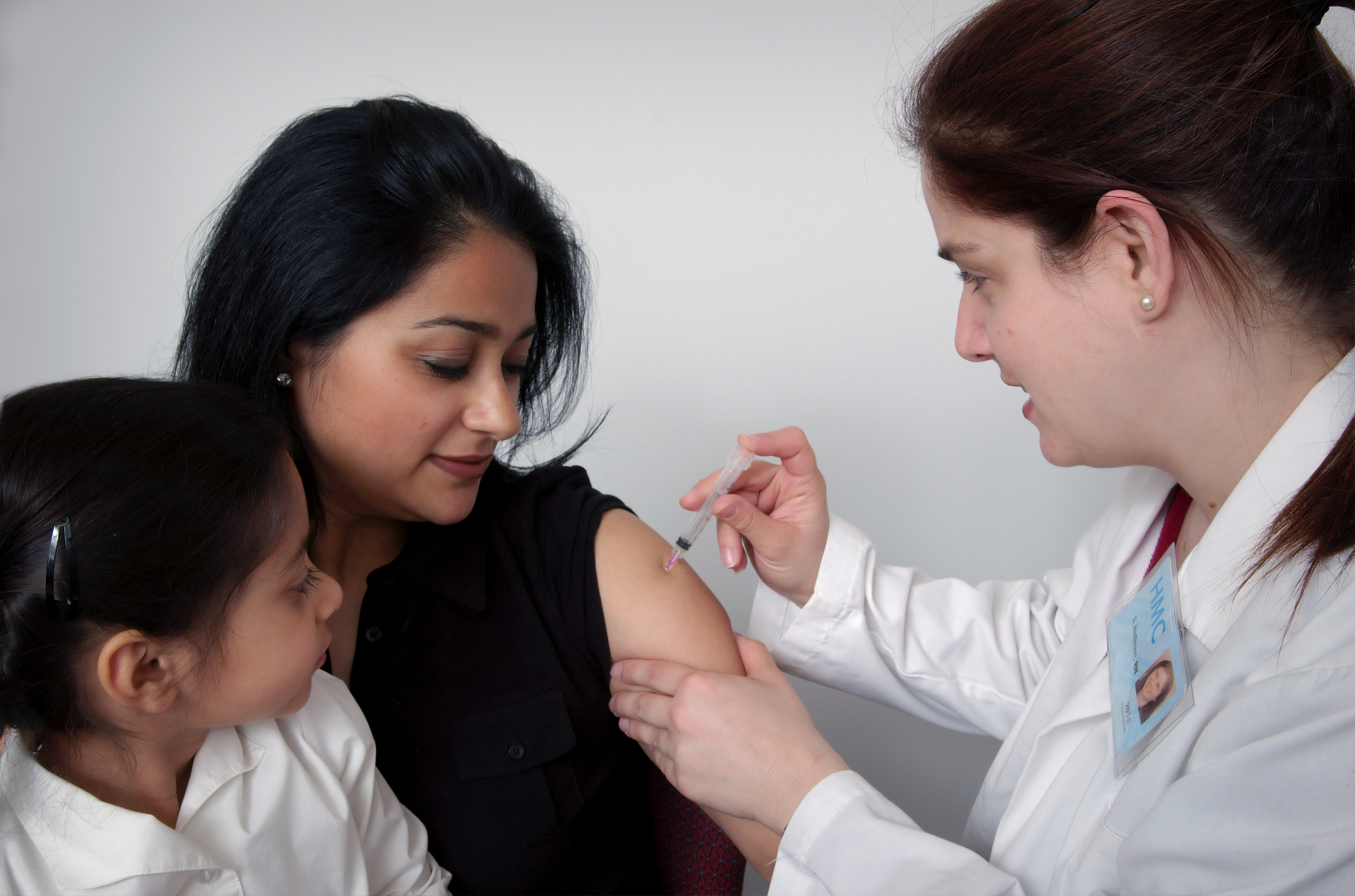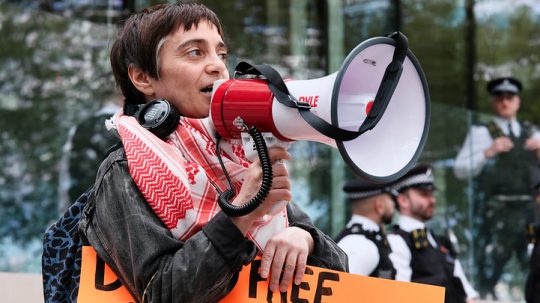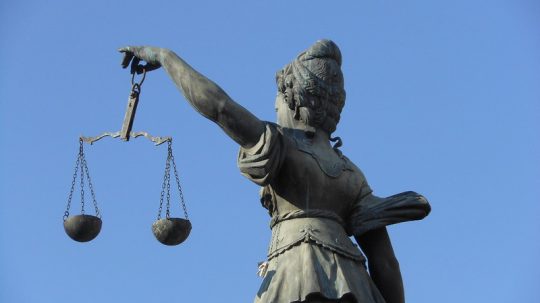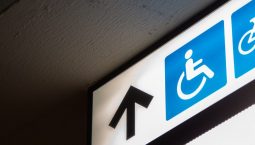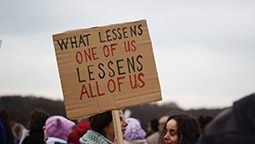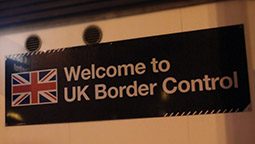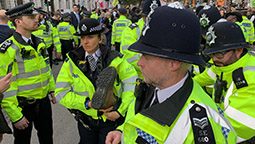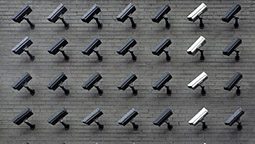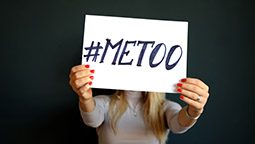Following news that 15 EU countries are issuing Covid-19 vaccine passports for travel, the debate over whether vaccine passports are fair is growing.
The concept of a ‘vaccine passport’ or ‘certificate’ has been around for decades. In a paper or digital form, they are a means of proving that a person has been vaccinated. Some countries – including the United Kingdom and Australia – require them for people who have travelled to regions with yellow fever, like sub-Saharan Africa and South America.
In the United Kingdom, the Covid-19 vaccine is now available to anyone over 18. And, in an attempt to restore travel between member states, over half of the EU states have begun issuing Covid-19 vaccination passports using the EU’s Digital COVID certificate.
Could Vaccine Passports Make Inequality Issues Worse?
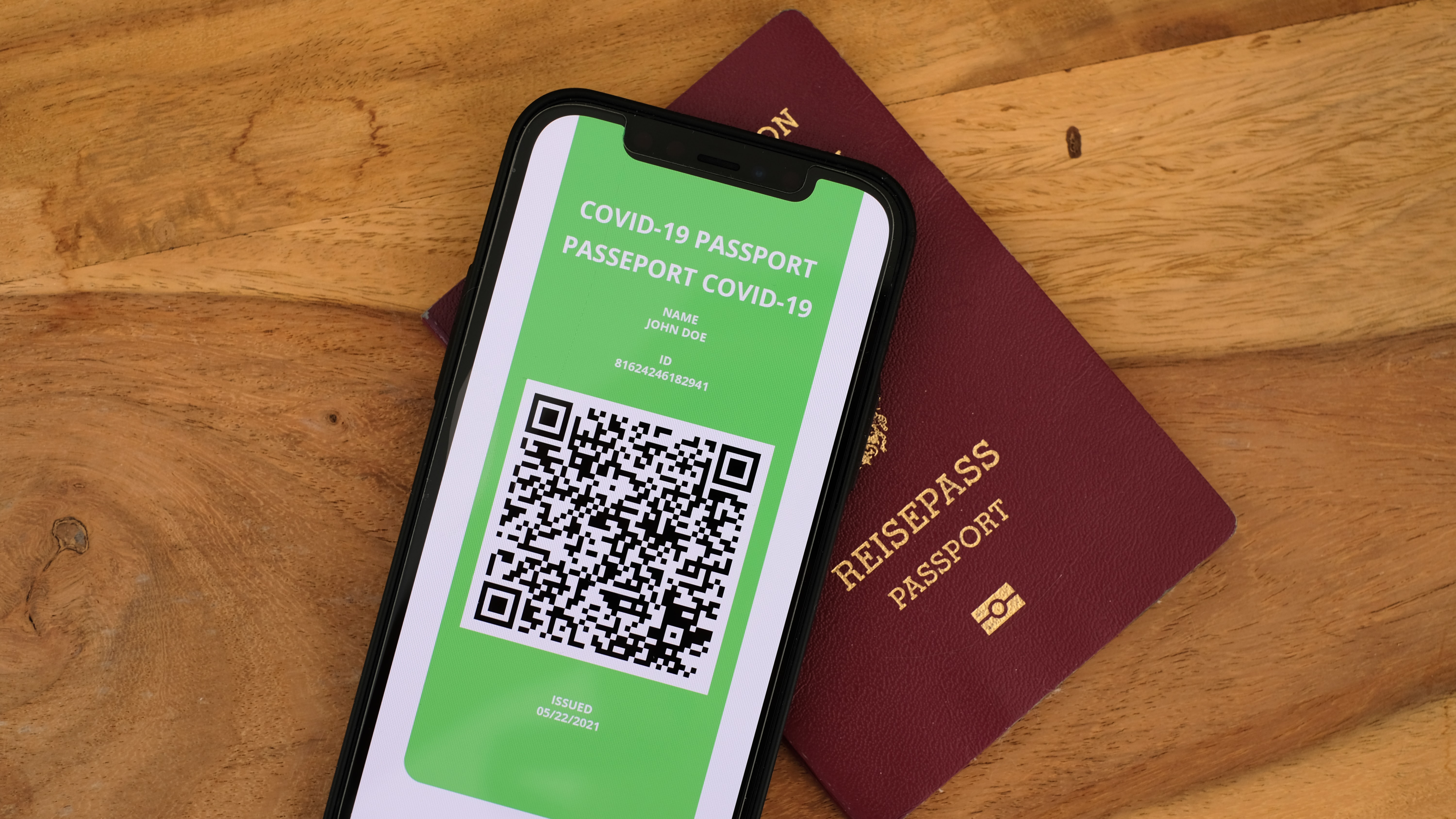
Credit: Lukas (Unsplash)
The notion of introducing passports for the Covid-19 vaccine has been controversial, particularly following their usage at England’s 2020 Euro match. The Public Administration and Constitutional Affairs Committee (PACAC) has concluded that, based on race, religion, age and socio-economic background, they will “disproportionately discriminate”. This would directly contradict the Equality Act 2010, which protects marginalised groups against discrimination, and would mean vaccine passports are not justifiable if they exacerbate inequalities.
“We are entirely unconvinced by the case for their introduction,” says William Wragg, the chair of the committee. “As vaccine uptake statistics indicate, any Covid certification system will be a discriminator along the lines of race, religion and age.”
Currently, the WHO do not recommend the use of them saying “States Parties are strongly encouraged to acknowledge the potential for requirements of proof of vaccination to deepen inequities and promote differential freedom of movement.”
What Are Our Rights Around Vaccine Passports?
Vaccine passports are controversial and the govt is reviewing the possibility of their use.
This thread brings together the main arguments for and against and gives sources for further reading.
There will be no “bad or good” answer so if you want that look elsewhere.
— Adam Wagner (@AdamWagner1) March 4, 2021
In a tweet thread on the pros and cons of vaccine passports, human rights barrister and EachOther founder Adam Wagner said, “Vaccination certificates themselves are not controversial or new. What is controversial and new is the proposed use of certificates to determine whether an individual can participate in workplace and social activities.”
A new vaccine passport trial on the NHS app will include a user’s “natural immunity” to Covid for six months after contracting the virus. People taking part in the government’s large event trials – such as the recent FA Cup Final, the World Snooker Championship in Sheffield, a mass participation run at Hatfield House in Hertfordshire, and several events in Liverpool including an evening at a nightclub, a business conference and a cinema screening in the city – will have 180-day natural immunity certificates.
The hope is that introducing vaccine passports will encourage more people to get vaccinated. However, there are concerns about deepening divides between opposing sides and infringement on people’s freedom to choose. “Domestic vaccine passports are potentially discriminatory,” says employment solicitor Simon Robinson. “I don’t believe anyone should be indirectly forced to have a jab against their will. If they are told they will lose their job or can’t go to the pub unless they have a domestic vaccine passport, then it isn’t a free choice.”
There is also concern that vaccine passports could be a ‘slippery slope’, as articulated by Liberty: “This has wider implications too because any form of immunity passport could pave the way for a full ID system – an idea which has repeatedly been rejected as incompatible with building a rights-respecting society.”
This is a concern Robinson echoes, “If I genuinely thought they’d be used for Covid-19 and they would be for a defined and short amount of time, and they were necessary, I’d be less uncomfortable with them. The problem is I don’t think any of those things are true.”
The use of vaccine passports may discriminate against those who cannot have the vaccine due to medical reasons, like a disability or pregnancy. Conversely, some believe the use of vaccine passports could be the quickest way out of cyclical lockdowns and allow people to get back some semblance of normality.
Moving Forward

Credit: Polina / Unsplash
“Society as a whole is never going to agree and it’s impossible to please everyone so there’s not much point trying and you’re fighting a losing battle,” adds Faye Cox, a mindset and confidence coach. “It will divide people, but it will on the other hand provide a clear gateway for people to start having a little more freedom and normality in their lives and in my opinion that is much needed.”
Until trials are finished, the public will not know if vaccine passports will become a part of daily life in the UK. Either way, other countries are forging ahead with vaccine passports, including Japan who will introduce them in July.

